Therefore, the free legal aid system is not only a humanitarian policy, but also a symbol of social justice, an extension of justice, helping the disadvantaged to be treated equally before the law.
The story of Mrs. Huynh Hoang Anh (Hamlet 5, Cai Doi Vam Commune) is a clear demonstration of the role of TGPL. The dilapidated thatched house located far from the center of Cai Doi Vam Commune is all the property she has accumulated over decades. In 2000, she left her hometown of Tran Phan to this land to make a living. She and her husband did all kinds of jobs to raise 7 young children. By 2005, thanks to their diligence and hard work, she and her husband were able to transfer nearly 2 hectares of land from an acquaintance. Because it was forest land, she could only use about 3 hectares of water surface area to raise shrimp, the rest she grew apples to make a living.
Ms. Hoang Anh next to the apple trees over 10 years old that were cut down. The apple orchard is her family's main source of income.
However, after nearly 20 years of settling down, Ms. Anh's life was suddenly disrupted when a neighbor rented out the adjacent land, conflicts began to arise, leading to continuous disputes. More seriously, Ms. Anh was also abused mentally and physically, her property was vandalized, trees were cut down, and the square bank was dug up and broken.
For ordinary people, litigation is already difficult. For the poor, it is an even greater burden. Not knowing the law, not having money to hire a lawyer, not knowing where to start..., Ms. Anh and her family can only endure.
Ms. Anh's son, Mr. Huynh Van Khang, confided: "The dispute started in 2011. I reported it to the police but no one seemed to care so I had to let it go. I didn't know where to file a complaint. It was heartbreaking to see my mother beaten, but I didn't understand so I had to accept it."
The climax was in September 2024, Mr. Bao (the person who rented the land adjacent to Ms. Anh) brought a dredger in to scoop up the soil and also scooped up Ms. Hoang Anh's land boundary, causing her house to be broken and unable to be cultivated. On the other hand, Mr. Bao also went into the garden to cut down the apple tree that Ms. Hoang Anh had planted for decades.
In her desperation, she found support in the State Legal Aid Center. The legal aid officials not only provided advice and guidance on procedures but also accompanied her like family, helping her understand the law and exercise her legal rights.
Ms. Hoang Anh shared: “Before being sued for land, I didn’t know who to ask for help. I thought the land I bought was mine, so I kept going to court, but my family had no money and was in trouble. Then, when it came to the tree cutting incident, the TGPL officers gave us detailed instructions and took care of the paperwork and records. Honestly, we don’t know much about the law.”
Mr. Nguyen Hai Duong , a legal aid officer at the State Legal Aid Center of Ca Mau province, informed: “In a river area like Cai Doi Vam, it is very difficult to reach people, especially households in remote areas who receive forest land contracts. They lack legal knowledge and are afraid to share. We have to go there, talk to them like relatives, help them trust so that we can accompany and resolve the issue, only then will it be effective.”
Mr. Duong, TGPVPL (white shirt) informed the victim's family about the incident details.
With the assistance of TGVPL, on August 6, the People's Court of Region 3 opened a first-instance trial and accepted all of Ms. Hoang Anh's lawsuit requests.
Mr. Duong said: “While waiting for the verdict to take effect, I will continue to guide the litigants in preparing documents to request enforcement of the verdict. To support the disadvantaged to have equal rights before the law.”
Legal aid is not only a humane policy, but also a manifestation of social justice. Not just stopping at “helping with lawsuits”, legal aid work is also a process of disseminating the law, raising legal awareness, helping people understand their rights, thereby being more proactive in protecting themselves.
Mr. Ngo Duc Binh, Deputy Director of the State Legal Aid Center, said: “In recent times, the legal aid center in Ca Mau province has coordinated and widely disseminated to the people, especially those who are entitled to legal aid according to the law, including the poor. In recent years, focusing on 2023, 2024 and the first months of 2025, more and more poor people and those who are entitled to legal aid know their rights according to the law.”
"In the coming time, Ca Mau will continue to expand the legal aid model associated with the two-level local government, closely coordinating with the prosecution agencies, courts, and commune-level People's Committees to create conditions for people to access legal aid more conveniently and effectively. "People can directly contact the agency handling the case, or go to the State Legal Aid Center. The responsible agencies will support the connection so that people's legitimate rights are protected," said Mr. Binh.
The story of Ms. Huynh Hoang Anh is no longer a personal case, but a reminder of the essential role of legal dissemination and the legal aid system. Especially in difficult areas, where the rights of the disadvantaged are most vulnerable to violations. When people know their rights and dare to stand up to demand justice, justice will no longer be a distant concept and legal aid will be a bridge for the poor, a support for the disadvantaged, an extension of justice in everyday life.
According to the provisions of the Law on Legal Aid, this is an activity of providing free legal services to specific subjects, including: the poor, people with revolutionary contributions, people with disabilities, homeless children, ethnic minorities living in areas with particularly difficult socio -economic conditions... Through the system of State Legal Aid Centers, eligible people can receive legal advice, out-of-court representation, and participation in litigation, completely free of charge.
Therefore, the free legal aid system is not only a humanitarian policy, but also a symbol of social justice, an extension of justice, helping the disadvantaged to be treated equally before the law.
The story of Mrs. Huynh Hoang Anh (Hamlet 5, Cai Doi Vam Commune) is a clear demonstration of the role of TGPL. The dilapidated thatched house located far from the center of Cai Doi Vam Commune is all the property she has accumulated over decades. In 2000, she left her hometown of Tran Phan to this land to make a living. She and her husband did all kinds of jobs to raise 7 young children. By 2005, thanks to their diligence and hard work, she and her husband were able to transfer nearly 2 hectares of land from an acquaintance. Because it was forest land, she could only use about 3 hectares of water surface area to raise shrimp, the rest she grew apples to make a living.
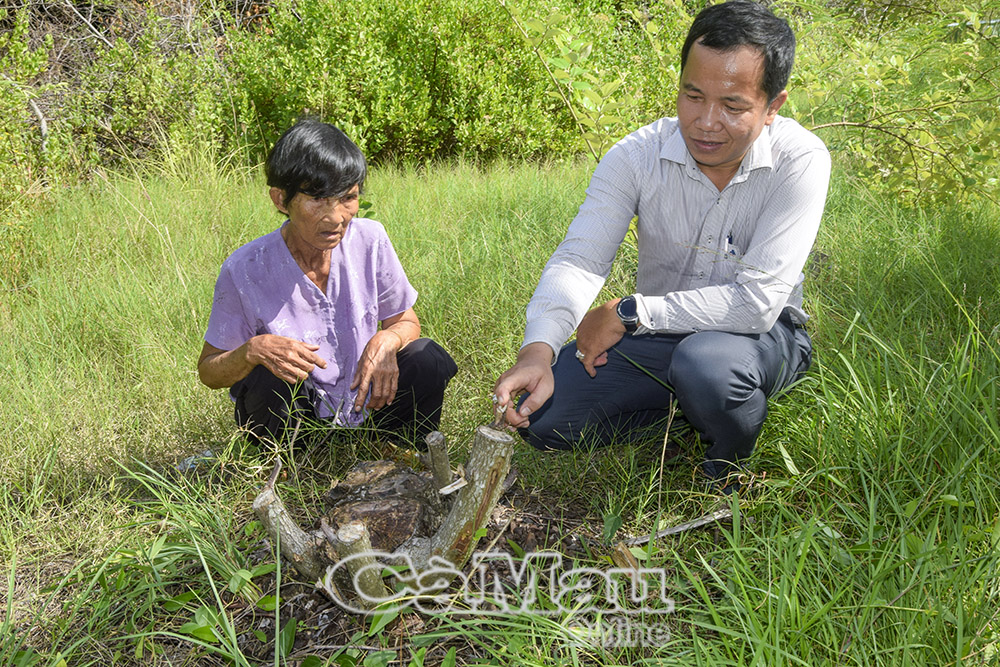
Ms. Hoang Anh next to the apple trees over 10 years old that were cut down. The apple orchard is her family's main source of income.
However, after nearly 20 years of settling down, Ms. Anh's life was suddenly disrupted when a neighbor rented out the adjacent land, conflicts began to arise, leading to continuous disputes. More seriously, Ms. Anh was also abused mentally and physically, her property was vandalized, trees were cut down, and the square bank was dug up and broken.
For ordinary people, litigation is already difficult. For the poor, it is an even greater burden. Not knowing the law, not having money to hire a lawyer, not knowing where to start..., Ms. Anh and her family can only endure.
Ms. Anh's son, Mr. Huynh Van Khang, confided: "The dispute started in 2011. I reported it to the police but no one seemed to care so I had to let it go. I didn't know where to file a complaint. It was heartbreaking to see my mother beaten, but I didn't understand so I had to accept it."
The climax was in September 2024, Mr. Bao (the person who rented the land adjacent to Ms. Anh) brought a dredger in to scoop up the soil and also scooped up Ms. Hoang Anh's land boundary, causing her house to be broken and unable to be cultivated. On the other hand, Mr. Bao also went into the garden to cut down the apple tree that Ms. Hoang Anh had planted for decades.
In her desperation, she found support in the State Legal Aid Center. The legal aid officials not only provided advice and guidance on procedures but also accompanied her like family, helping her understand the law and exercise her legal rights.
Ms. Hoang Anh shared: “Before being sued for land, I didn’t know who to ask for help. I thought the land I bought was mine, so I kept going to court, but my family had no money and was in trouble. Then, when it came to the tree cutting incident, the TGPL officers gave us detailed instructions and took care of the paperwork and records. Honestly, we don’t know much about the law.”
Mr. Nguyen Hai Duong, a legal aid officer at the State Legal Aid Center of Ca Mau province, informed: “In a river area like Cai Doi Vam, it is very difficult to reach people, especially households in remote areas who receive forest land contracts. They lack legal knowledge and are afraid to share. We have to go there, talk to them like relatives, help them trust us to be able to accompany and resolve the issue, only then will it be effective.”
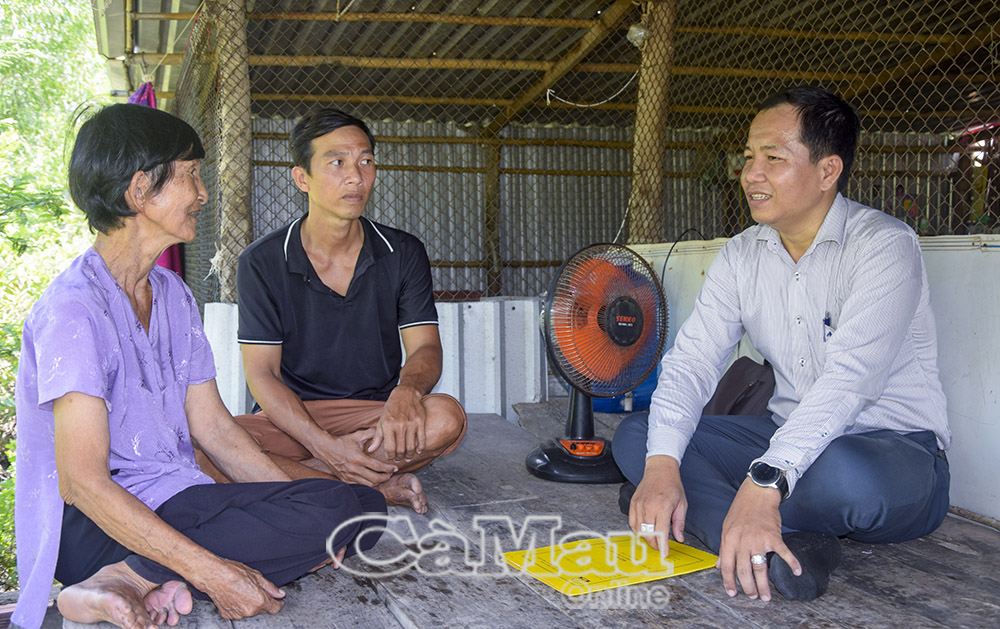
Mr. Duong, TGPVPL (white shirt) informed the victim's family about the incident details.
With the assistance of TGVPL, on August 6, the People's Court of Region 3 opened a first-instance trial and accepted all of Ms. Hoang Anh's lawsuit requests.
Mr. Duong said: “While waiting for the verdict to take effect, I will continue to guide the litigants in preparing documents to request enforcement of the verdict. To support the disadvantaged to have equal rights before the law.”
Legal aid is not only a humane policy, but also a manifestation of social justice. Not just stopping at “helping with lawsuits”, legal aid work is also a process of disseminating the law, raising legal awareness, helping people understand their rights, thereby being more proactive in protecting themselves.
Mr. Ngo Duc Binh, Deputy Director of the State Legal Aid Center, said: “In recent times, the legal aid center in Ca Mau province has coordinated and widely disseminated to the people, especially those who are entitled to legal aid according to the law, including the poor. In recent years, focusing on 2023, 2024 and the first months of 2025, more and more poor people and those who are entitled to legal aid know their rights according to the law.”
"In the coming time, Ca Mau will continue to expand the legal aid model associated with the two-level local government, closely coordinating with the prosecution agencies, courts, and commune-level People's Committees to create conditions for people to access legal aid more conveniently and effectively. "People can directly contact the agency handling the case, or go to the State Legal Aid Center. The responsible agencies will support the connection so that people's legitimate rights are protected," said Mr. Binh.
The story of Ms. Huynh Hoang Anh is no longer a personal case, but a reminder of the essential role of legal dissemination and the legal aid system. Especially in difficult areas, where the rights of the disadvantaged are most vulnerable to violations. When people know their rights and dare to stand up to demand justice, justice will no longer be a distant concept and legal aid will be a bridge for the poor, a support for the disadvantaged, an extension of justice in everyday life.
According to the provisions of the Law on Legal Aid, this is an activity of providing free legal services to specific subjects, including: the poor, people with revolutionary contributions, people with disabilities, homeless children, ethnic minorities living in areas with particularly difficult socio-economic conditions... Through the system of State Legal Aid Centers, eligible people can receive legal advice, out-of-court representation, and participation in litigation, completely free of charge.
Diamond - Phong Nguyen
Source: https://sotuphap.camau.gov.vn/thoi-su-chinh-tri-va-tin-tuc/canh-tay-noi-dai-cong-ly-cho-nguoi-yeu-the-288629


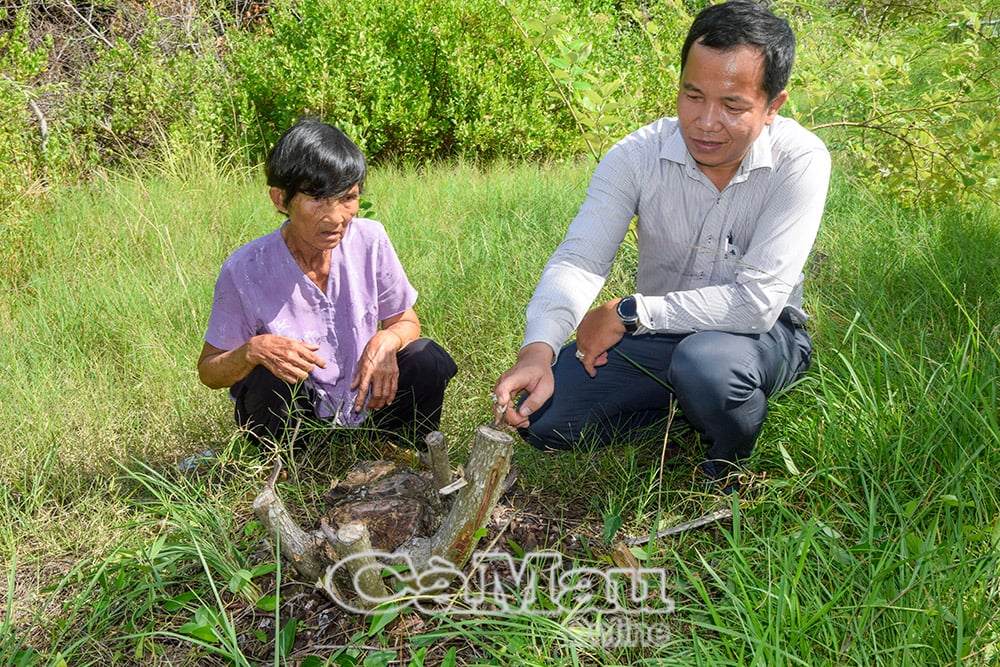
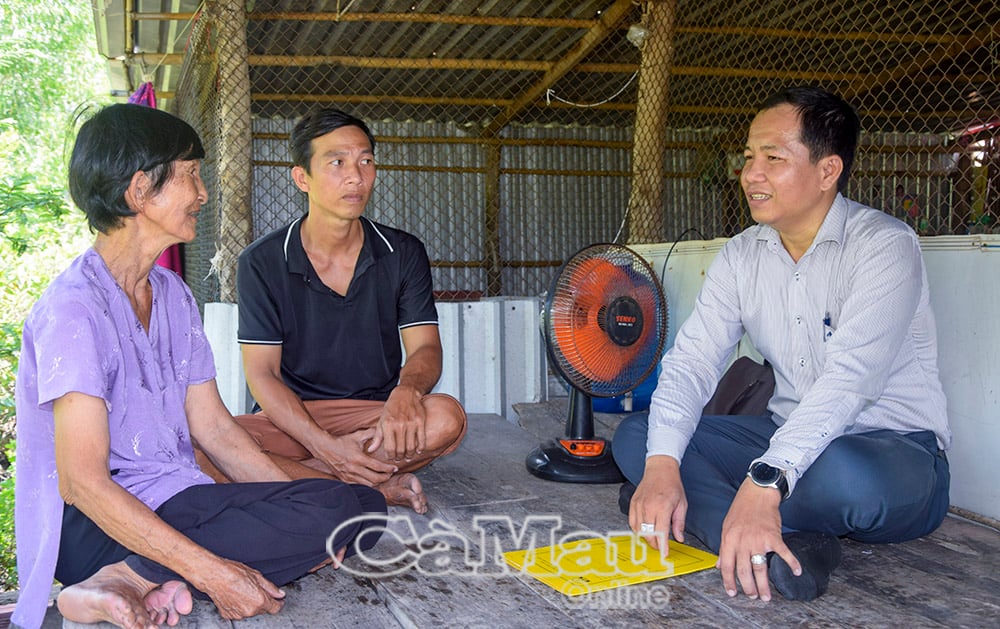


![[Photo] Binh Trieu 1 Bridge has been completed, raised by 1.1m, and will open to traffic at the end of November.](https://vphoto.vietnam.vn/thumb/1200x675/vietnam/resource/IMAGE/2025/10/2/a6549e2a3b5848a1ba76a1ded6141fae)



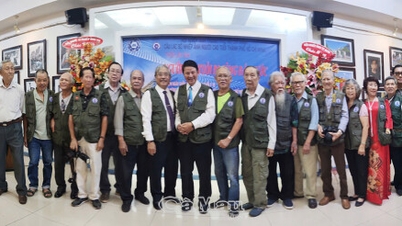

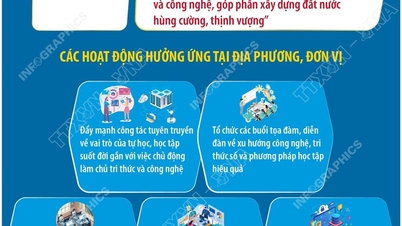

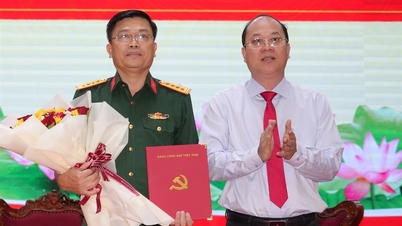

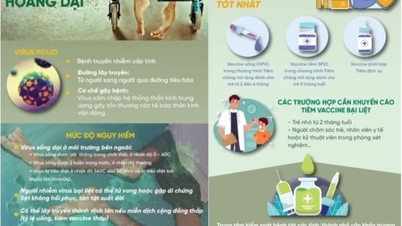
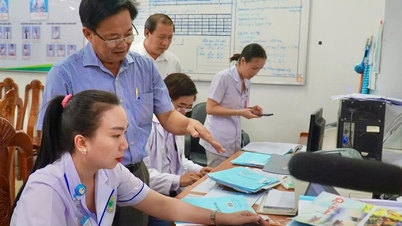
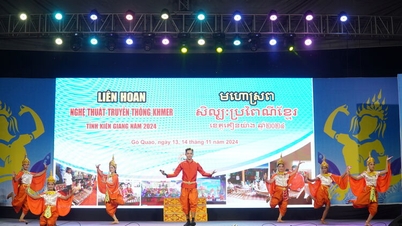






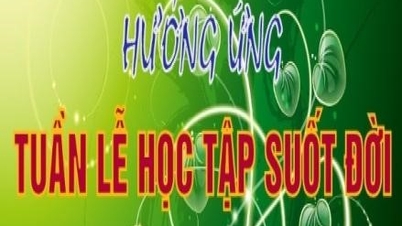
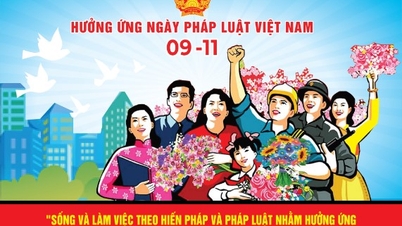
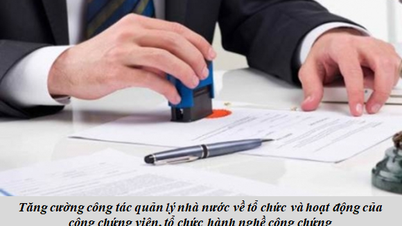
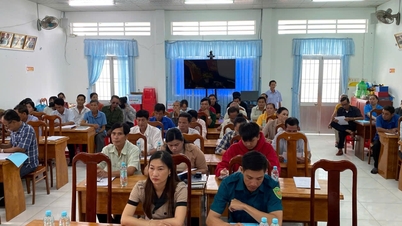

















































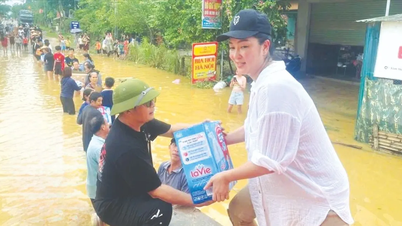

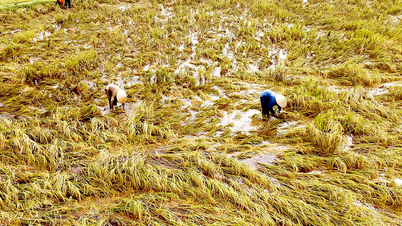
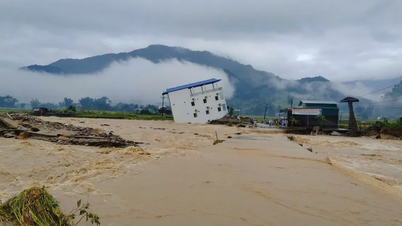
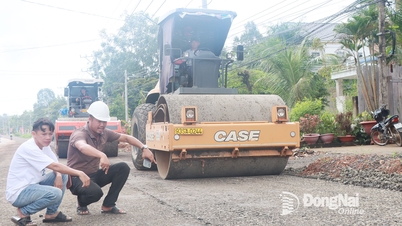

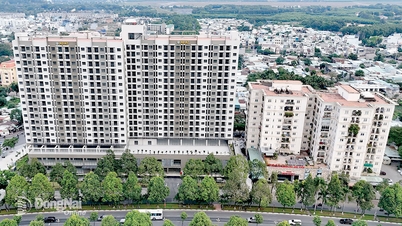
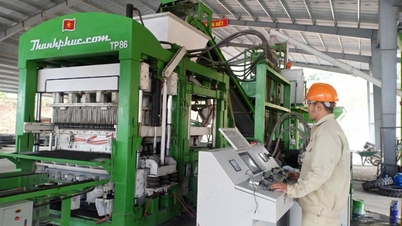













Comment (0)